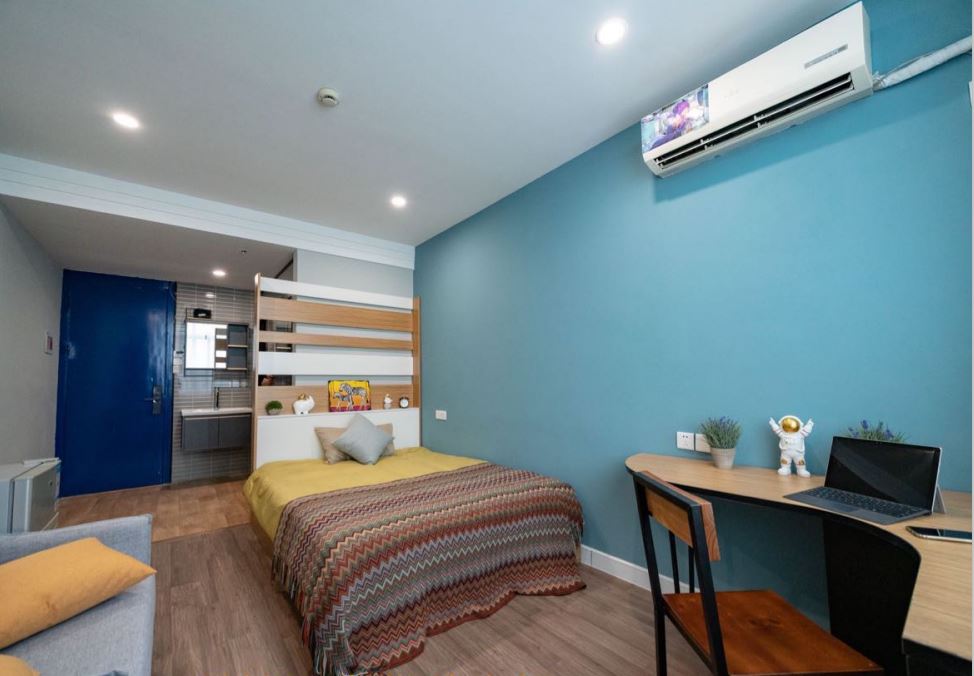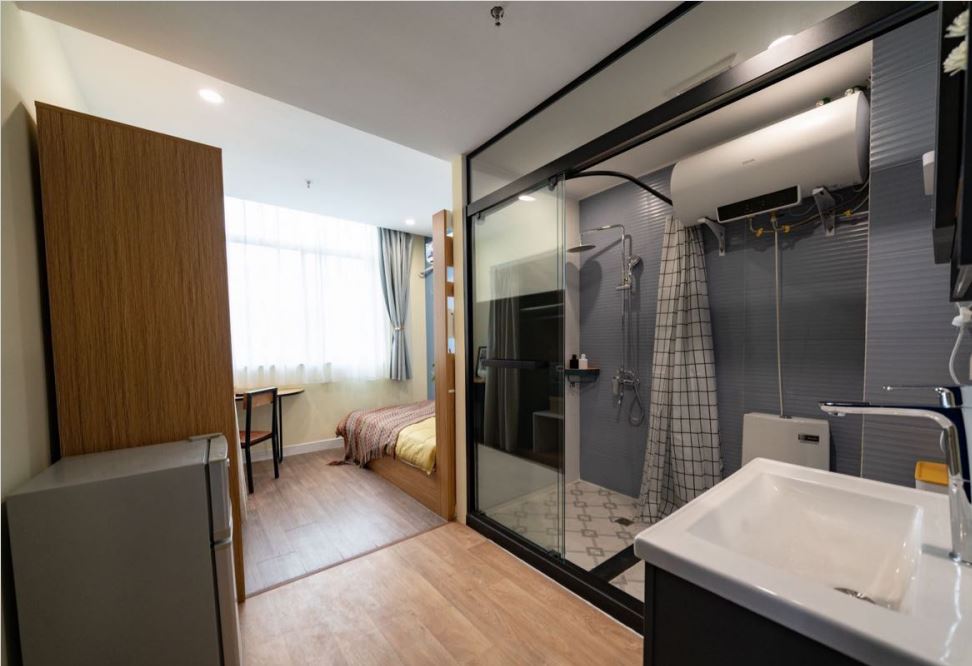CONTACTING HOME
Below are some suggested ways that you can easily stay in touch with your family and friends while studying abroad.
We recommend setting up a contact plan before you depart, deciding how and when you’ll be available while abroad. Whether you prefer daily, weekly, biweekly, or monthly check-ins, it’s good to have a consistent way to get in touch, as well as back-up alternatives in case of an emergency. While studying abroad can be a time to spread your wings and become more independent, it’s important to regularly touch base with your loved ones so they don’t worry while you’re away.
No matter which method you choose, we recommend downloading your preferred applications before leaving home and testing them out to make sure any accounts and contacts are set up properly.
LOCAL SIM CARD
Your Resident Director can help you purchase a SIM card that can be used for calls, texting, and data. Phone plans vary depending on location, and more details will be provided by your Program Manager. It is recommended to only use your U.S. phone number to call home in cases of emergency since long distance calls can be expensive. There are plenty of other ways to call internationally for free or very cheap (keep reading!).
UNLOCKING YOUR PHONE
In order to use the local SIM card, you need to make sure your phone is unlocked and able to accept SIM cards from other mobile carriers. “Unlocking” your phone means that your phone is not locked to one specific carrier. If your phone is unlocked, you will be able to use a foreign SIM card while you are abroad. If you’re unsure if your phone is unlocked, it’s important to call your current service provider to check. If you cannot get your current phone unlocked, you will need to bring a different unlocked phone from home or plan to purchase a phone while in your host country.
INTERNATIONAL PHONE PLAN
If you don’t want to purchase a SIM card, you can keep your U.S. number and opt for an international phone plan. In most cases, this allows students to utilize their phone domestically in their host country and internationally. The cost of this can vary based on service provider. If you are interested in this option, you should get in touch with your phone service provider to obtain the relevant fees and service options. Be sure to consider costs for dialing local numbers, as it can sometimes make an international plan undesirable for calls within your host country.
PURCHASING A PHONE IN COUNTRY
This would only be a viable option if you do not want to or cannot use your current U.S. phone, and can speak and read the local language. Phones can be purchased in all locations for costs comparable to U.S. phones. This may be a good option for a student who is looking to use a phone for just texting and calling while in country, as non-smart phones can be purchased cheaply in most countries. If you are worried about losing your U.S. smartphone, you may want to consider purchasing an inexpensive phone in your host country.
FREE INTERNATIONAL CONTACT OPTIONS
There are free ways to get in touch with people across the world while connected to the internet or data.
SKYPE
Skype typically works in China, but you have to have it downloaded PRIOR to arriving in China. Skype allows free chat, audio calling and video calling between users while using WiFi or data. This allows for calls between two parties both using the Skype app downloaded. The Skype app can be downloaded onto your phone, tablet and computer. You can also purchase Skype credit which allows you to call international landline and mobile phone numbers directly (so both parties don’t have to have a Skype account).
IMESSAGE
While we don’t suggest going out of your way to purchase an iPhone for this option, it is a great feature for any students who have these phones already. iPhones use iMessage and FaceTime while on WiFi or data at zero charge to the provider plan. iMessage should work in China, while FaceTime likely will not work.
OTHER FREE MESSAGING APPS
There are several apps that allow free chat, audio calling and video calling between users while on WiFi or data. WeChat is by far the most popular app in China and can even be used to make purchases at stores/restaurants/transit stations.
The tricky thing is that WeChat is difficult to download. You will need to download the app, create an account, then have someone who already has WeChat ‘approve’ you before you can actually access the app. If you are unable to download WeChat, please let our onsite staff know once you arrive in Shanghai and they can try to help you.
You may be familiar with WhatsApp. This is a popular app internationally, but it is technically blocked in China. You’ll need a VPN on your phone to access WhatsApp.
EMAIL
It may seem obvious but email is a great way to continue to stay in touch with people back home regardless of the time differences. If your host institution gives you a new school email, but sure to update friends and family with the email address you will be checking most frequently throughout your program.
A VPN FOR MOBILE
Some VPNs also offer apps for smart phones that you can use while traveling. If you choose to bring your phone along, make sure you download the app as well so that you are able to use your standard websites. Be sure you read the fine print to make sure you are using a trustworthy VPN that will not share your information with third parties (usually a bigger risk for free VPNs).
INTERNET ACCESS
Wireless internet is provided in your accommodations and will also be found on your university campus. Please understand that internet in China is much different from internet in the United States due to government filters, censoring, and a web infrastructure that is underdeveloped. Access to Google (including Google Maps and Gmail), Facebook, YouTube, streaming platforms, Instagram, etc. is blocked unless you have a VPN. Many sites/apps you are used to using may be blocked in China. With that in mind, remember to develop a patience and understanding that this is a part of the cultural experience.
If you want to remain connected to your typical sites, you may wish to consider downloading a VPN, or Virtual Private Network. This application for your computer/phone allows you to access a public network while masking your identity and maintaining your privacy. By masking your IP address, you’re able to get around the censors and filters that slow things down. You will need to find a trustworthy VPN that works in China, which usually costs a small fee. If you want to use a VPN, you’ll need to download it PRIOR to arriving in China.











